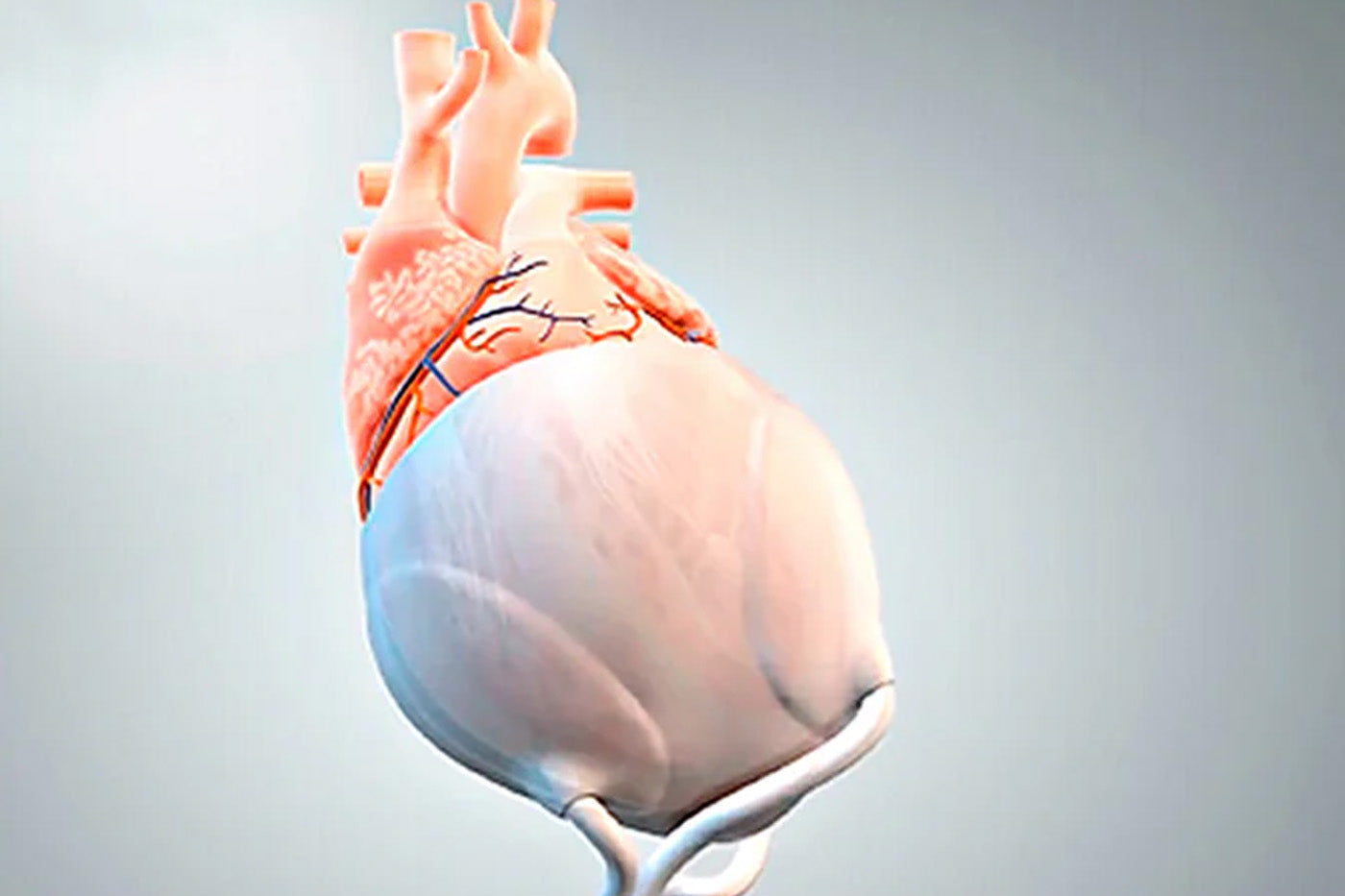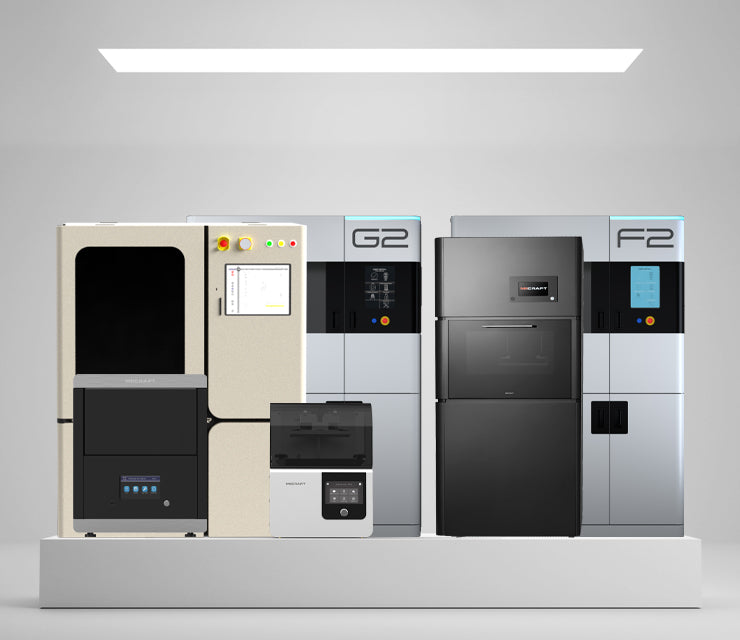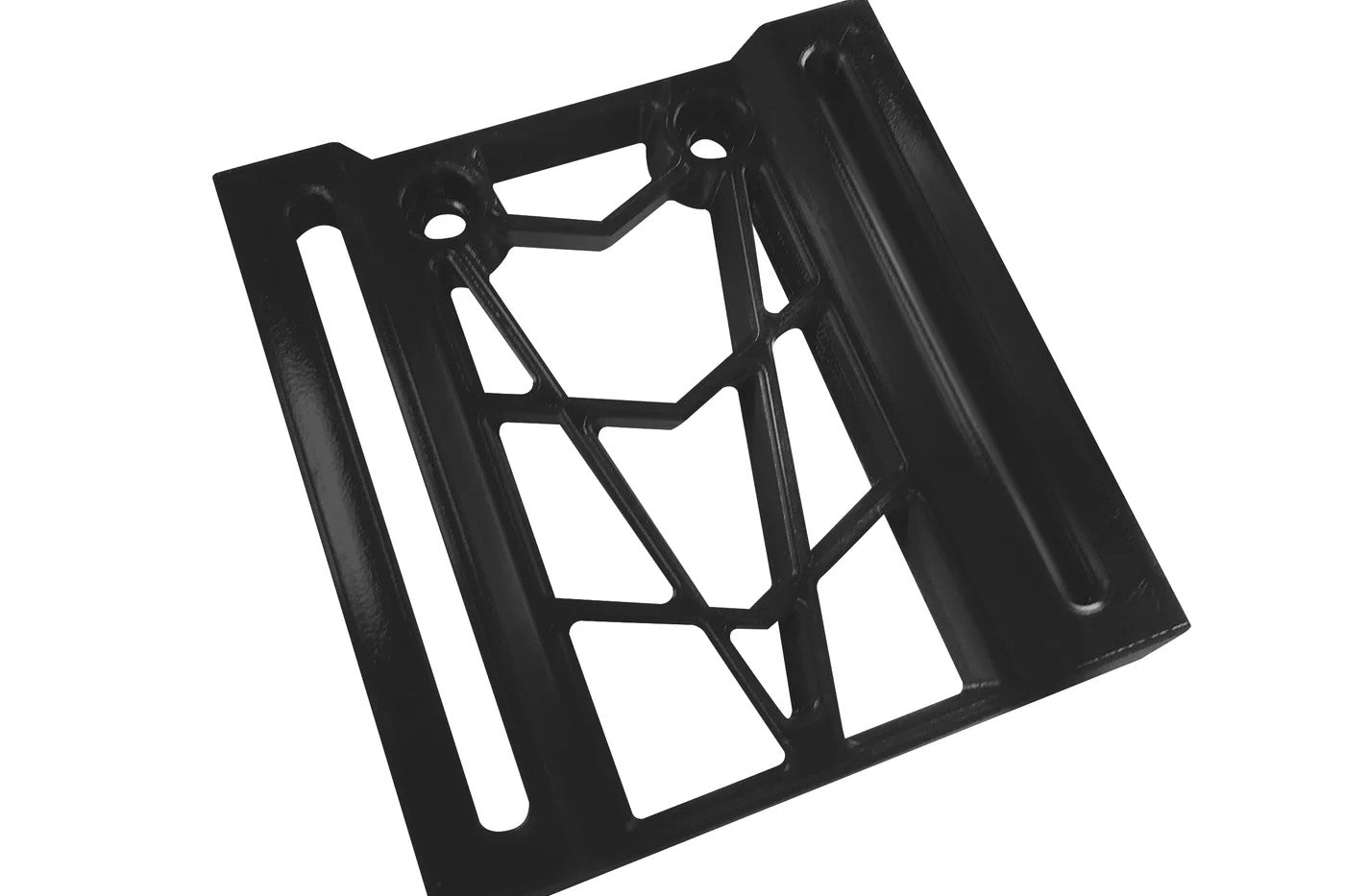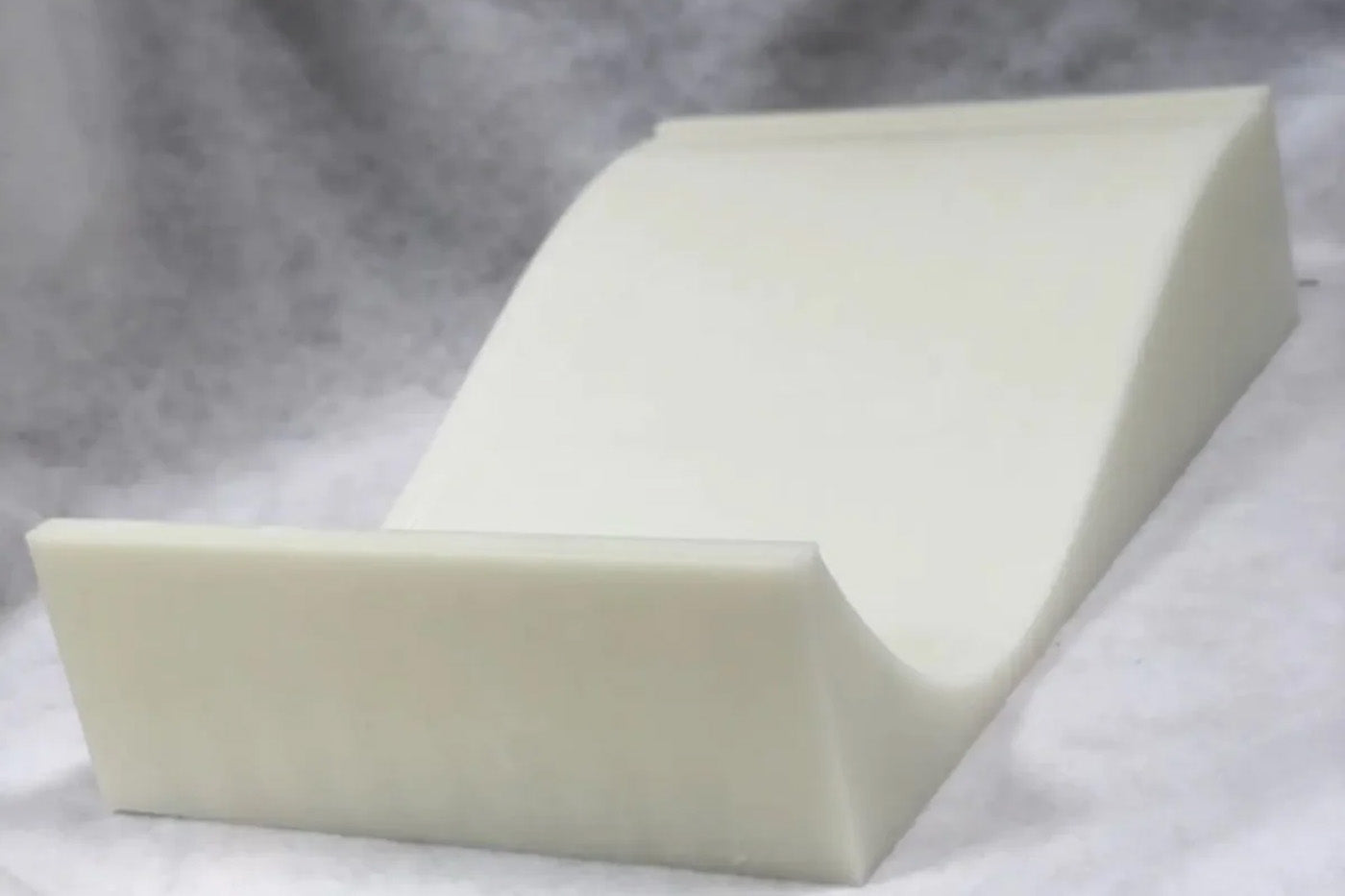Novel polymers will make it possible in the future to produce artificial elastic tissue replacement for pericardium, heart valves or To manufacture custom blood vessels. The PolyKARD project is developing biomimetic polymers that can mimic the mechanical properties of pericardial tissue. Using 3D printing and electrospinning, tailor-made implants will be manufactured. In addition, a 3D printer capable of producing Class III medical devices will be developed for the first time. The PolyKARD partners – AdjuCor GmbH, the Fraunhofer Institute for Applied Polymer Research IAP, the NMI Natural and Medical Sciences Institute, Young Optics Europe GmbH, and pro3dure medical GmbH – aim to advance the production of the implants to the first clinical trials, expected in 2022.
Heart disease is one of the most common causes of death. Around 23 million people worldwide suffer from heart failure, and the number is rising. In contrast, the number of heart transplants stagnates at around 3,000 transplants per year worldwide. Artificially manufactured implants could help many patients waiting for a donor organ. 3D printing of custom-fit implants has become indispensable in medicine, for example in orthopedics or dental surgery. However, the need for research is significantly greater for implants intended to replace elastic tissue, as the requirements for the materials are high: they must retain their mechanical properties for many years, be 100% durable and biocompatible, and must not trigger rejection reactions by the immune system. The latter is particularly important for materials that are in constant contact with the body.
New polymers for modern printing technologies and individual medical technology
The PolyKARD project is developing biomimetic polymers designed to mimic the biological and mechanical properties of the pericardium. The pericardium is a collagen-containing and mechanically extremely stable structure that surrounds the heart. The pericardium of cattle and pigs is already used clinically as a replacement for human heart valves or for the reconstruction of blood vessels. However, processing the animal tissue is expensive and does not guarantee long-term mechanical stability. Further problems include unreliable quality due to the high variability between donor animals, as well as ethical and religious considerations.
"In this project, we are developing biomimetic pericardial replacement materials that can be used, for example, for artificial pericardiums, heart valves, blood vessels, stents, tendons, or septal closures. What makes them special is that the implants are made of photopolymers and can be individually manufactured using 3D printing or electrospinning. The monomers are developed as inks or resins. They only polymerize when exposed to UV light," explains Dr. Wolfdietrich Meyer, who leads the project at the Fraunhofer IAP in Potsdam. The research team at the Fraunhofer IAP is synthesizing a photocrosslinkable material consisting of various polyurethane segments and collagen components.
Elastic, biocompatible and durable
The newly synthesized polymers are being tested for in vitro cytotoxicity at the NMI in Reutlingen according to DIN EN ISO 10993-5. Various 3D printing processes are used to process the polymers, as well as electrospinning.At the NMI, this spinning process is used to create porous structures that can intergrow with the patient's own tissue. The resulting carrier substrates are characterized with regard to their mechanical and biological properties. Particular emphasis is placed on replicating the mechanical properties of the pericardium and on cell adhesion behavior.
The first application of the biomimetic polymer will be the printing of a novel surface for an extravascular heart support system. The system, developed by Munich-based AdjuCor GmbH, is based on a patient-specific, mechanical implant that is positioned completely outside the bloodstream (extravascular) in the pericardial cavity around the epicardial surface of both heart chambers. "A biomimetic pericardial replacement material would cause only minimal immune reactions and thus lead to a gentle healing phase. This could further shorten intensive care and hospital stays," explains cardiac surgeon and CEO of AdjuCor Prof. Stephen Wildhirt.
On the way to market readiness
To be approved for clinical applications in the future, both the new photopolymers and their processing methods must meet extensive requirements. For large-scale production of the photopolymers, GMP (Good Manufacturing Practice) guidelines must be adhered to. These ensure the quality of the production processes and environment. The company pro3dure medical GmbH in Iserlohn will establish the upscaling process for the photopolymers and the resin synthesis in compliance with these GMP guidelines.
Young Optics Europe GmbH in Jena has been using its 3D printers to process biocompatible photopolymers for Class I – IIa medical devices. The PolyKARD project aims to establish the first 3D printing system for the production of Class III medical devices, which also enables complete traceability of the raw materials used in production.
Using holistic chemistry to develop new materials. The three-year PolyKARD project launched in April 2019 and is supported by the VDI Association of German Engineers (VDI Verein Deutscher Ingenieure eV) as the project sponsor, on behalf of the BMBF (Federal Ministry of Education and Research) as part of the funding program "Material Innovations for Healthy Living: ProMatLeben – Polymers" (FKZ: 13XP5087D). The partners will meet again on February 4, 2020, to present initial milestones. "We have already successfully synthesized and printed the first elastic photourethane resins from non-toxic starting materials," explains Wolfdietrich Meyer.
"In the future, we would like to further implement the holistic medical concept in our chemistry. We want to develop more materials based on renewable raw materials for 3D printing and electrospinning that are biocompatible and can be processed with the highest precision. We also keep an eye on the life cycle of the component and, where appropriate, environmentally friendly disposal," says Meyer.
The first application of the pericardial replacement material will be the production of a novel surface for an extravascular cardiac support system using 3D printing.© AdjuCor GmbH
| project | "Synthesis of a biomimetic pericardial polymer for cardiac applications" (PolyKARD) |
| Financial support | BMBF | Material Innovations for Healthy Living: ProMatLeben – Polymers |
| project sponsor | VDI Association of German Engineers Duration: March 2019 – February 2022 |
| Funding code | 12XP5087D |
| partner | AdjuCor GmbH | Garching Fraunhofer Institute for Applied Polymer Research IAP | Potsdam NMI Natural Sciences and Medicine Institute | Reutlingen Young Optics Europe GmbH (Subsidiary of BURMS)| Jena pro3dure medical GmbH | Iserlohn |





